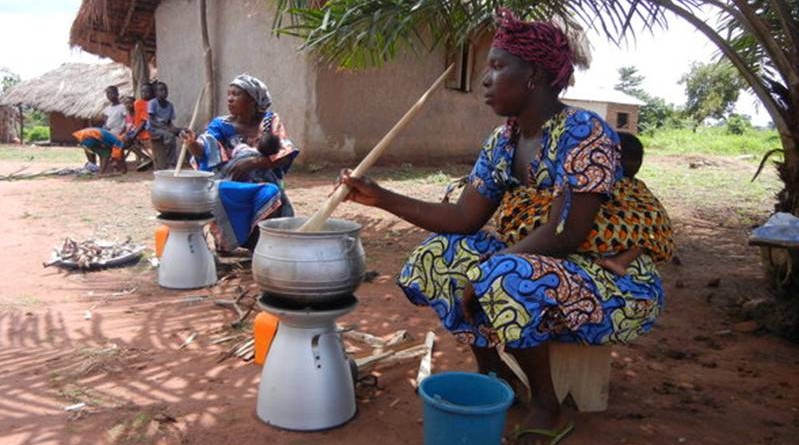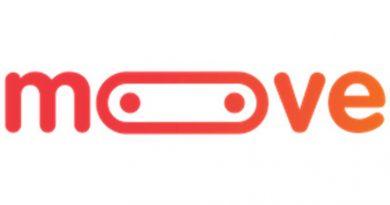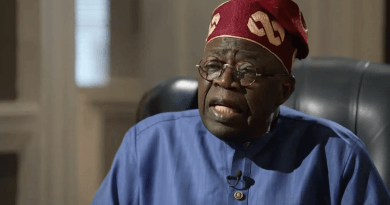Clean Cooking Alliance Launches the Development of a Sector Strategy
The Clean Cooking Alliance (Alliance) today announced the launch of a sector-wide strategy development process to accelerate universal access to clean cooking solutions by 2030.
With fewer than 10 years remaining to achieve Sustainable Development Goal (SDG) 7 – access to affordable, reliable, sustainable, and modern energy for all – the clean cooking sector is at an inflection point. Progress toward SDG7 remains far off track, particularly for clean cooking access, and significant investment and innovation are needed to close the gap. Recent developments, however, such as clean cooking’s largest private equity deal to date, the launch of the World Bank’s planned $500-million Clean Cooking Fund, the Netherlands Enterprise Agency’s new SDG 7 Results Facility, and the launch of the Alliance’s Venture Catalyst Program, have shown the potential of the sector for dramatic growth and transformation.
Stakeholders across the clean cooking sector have highlighted the need for a more coordinated strategy to drive greater collaboration and alignment toward shared goals. To this end, the Alliance has initiated a sector-wide strategy process that aims to be a living and dynamic effort designed to build on existing efforts, catalyze a systems-level transition to clean cooking, and evolve with the sector.
Initial conversations on the strategy’s approach began in November 2019 during the Clean Cooking Forum in Nairobi, Kenya. More than 30 representatives across the public, private, and civil society sectors participated in a workshop to share ambitions and identify key issues the strategy should address. Building on this and other discussions, the Alliance is now launching an initiative to accelerate a collaborative development process.
The first phase of work will involve consultations with a broad set of stakeholders to understand the near-and medium-term needs of the sector, particularly in light of COVID-19. These consultations will also seek to identify how the strategy can accelerate the progress of the sector as a whole toward achieving universal access to clean cooking solutions.
Building on the first phase of work, the strategy development process is designed to be agile and meaningfully reflect and incorporate the views and insights of participating stakeholders. To this end, the format of the final strategy will not be predetermined.
“We believe this flexibility will allow us to better reflect the needs of the sector, ensure relevance, and, therefore, drive uptake and impact of the strategy,” said Dymphna van der Lans, CEO, Clean Cooking Alliance. “Early deliberations have highlighted the need to balance a global strategy with local needs and realities. The ways in which this balance is reflected in the strategy will be determined through further conversations and deep partner engagement to ensure the final strategy and its supporting elements are practical and useful.”
While the strategy will emphasize coordination between various stakeholders already engaged in clean cooking, it will also consult on perspectives and applicable learnings from other adjacent sectors. In doing so, the strategy may challenge some existing approaches the sector has taken to date, and champion the creation of new approaches. It will strive to be forward-thinking and actionable, responding to the unique needs of various stakeholders across the sector, and providing a set of tools and frameworks that will ultimately guide its implementation. The strategy will also aim to hold those who have a stake in its success accountable to solving the collective challenges in achieving universal access to clean cooking.
To ensure the effectiveness of this effort, the Alliance has hired an external partner, Dalberg, a global strategy and design firm. Dalberg was selected through a competitive procurement process with support from external reviewers. In addition to experience in clean cooking, Dalberg brings human-centered design expertise to this process, which will be critical in incorporating diverse voices within and beyond the sector and ensuring the strategy is user-centric.
The strategy development process is expected to continue through 2020. Over the next several months, the Alliance and Dalberg will engage with a wide range of stakeholders to better understand the needs and perspectives of the sector, establish a process by which partners can regularly weigh in on elements of the strategy, and incorporate diverse voices into the process. In light of constraints related to COVID-19, the Alliance plans to hold these initial sessions virtually.




